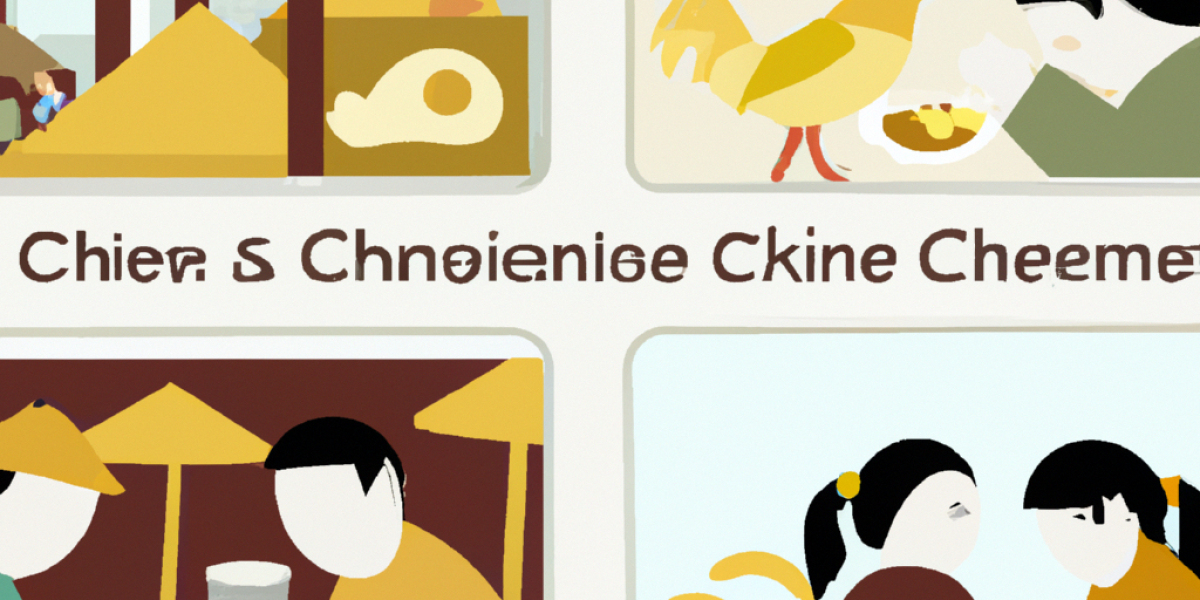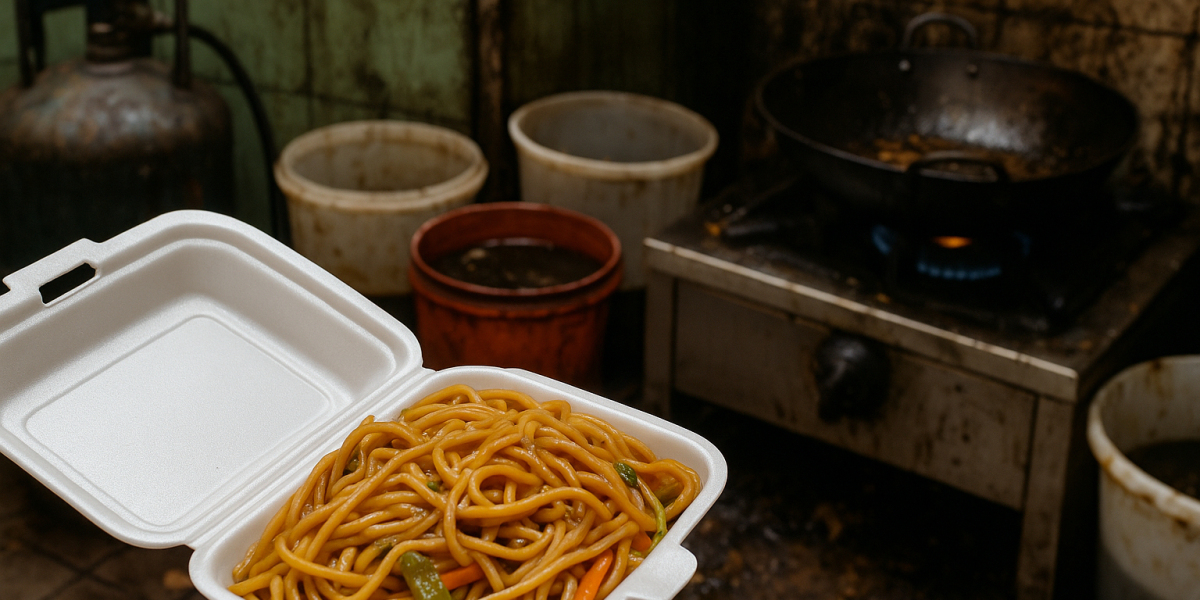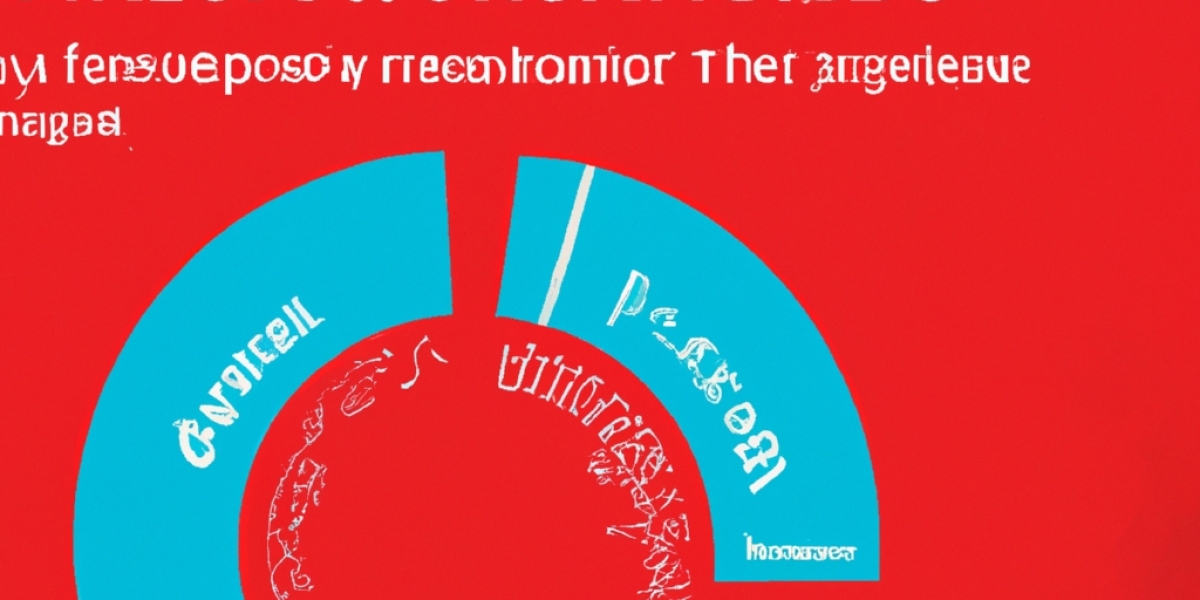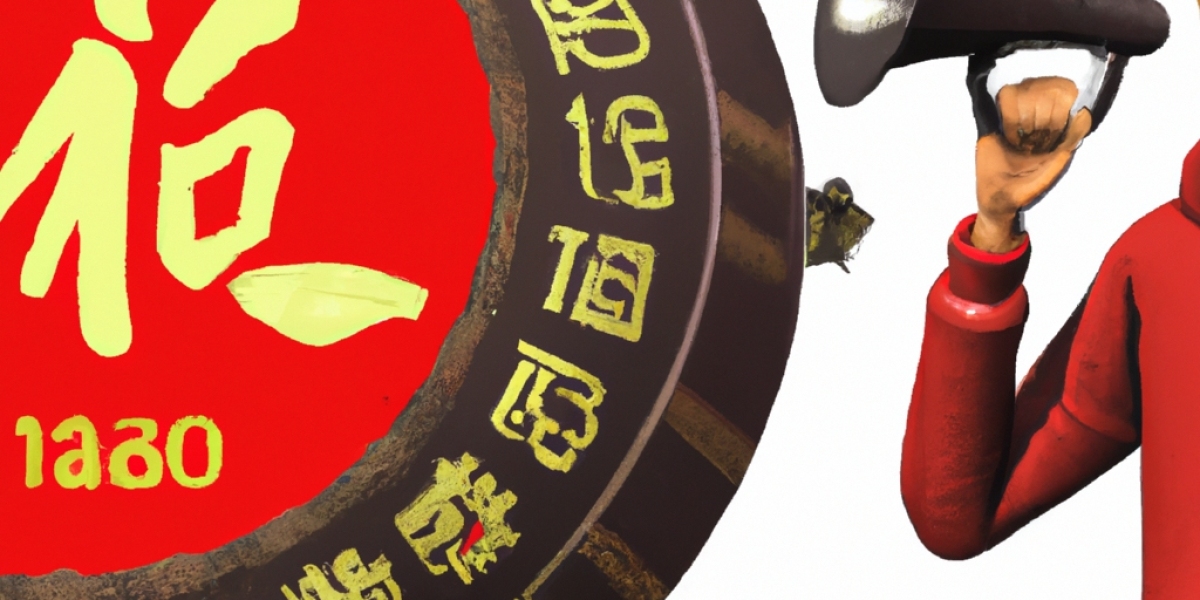What Each Day of the Chinese New Year Festival Represents
The Chinese New Year, also known as the Spring Festival or Lunar New Year, is the biggest and most important holiday in Chinese culture. Lasting for 15 days, each day of the festival holds a unique meaning and tradition. Let's take a deeper look into what each day signifies.
1st Day: Welcome of the Deities
The festival begins with welcoming the heavenly deities on earth. Most families abstain from meat to ensure long and happy lives. It's also a common practice to honour one's ancestors.
2nd Day: Birthday of all Dogs
The second day is the birthday of all dogs and involves feeding them well. It's also a day for married daughters to visit their birth parents, as traditionally they became part of their husband's family.
3rd Day: The Red Dog's Day
The third day is known to be the day of the God of Blazing Wrath, and it's recommended to stay at home to avoid bad luck. Some people also honor this day as the Chigou's or red dog's day.
4th Day: The Sheep's God Day
The fourth day is for those who had a mourning ritual the previous year, thereby refrained from celebrating the New Year. This day is a chance for these families to rejoice.
5th Day: Welcoming the God of Wealth
The fifth day is all about welcoming the God of Wealth. It's also the day when many people go back to work, igniting firecrackers to garner prosperity and success.
6th to 10th Day: Visiting Friends & Relatives
From the 6th to the 10th day, people visit friends and relatives, catching up over meals and exchanging gifts. This period of visiting is crucial to maintain close relations.
7th Day: Human Day
The self-styled "birthday of common man", people eat noodles for longevity and raw fish for success. Some believe the seventh day is when human beings were created.
8th Day: Completion of Heaven and Earth
The eighth day is all about embracing faith in abundance and good luck. This day includes family dinners and praying to the heavenly gods.
9th Day: Birthday of the Jade Emperor
The Jade Emperor, or the ruler of heaven, is celebrated on the ninth day. This is a crucial celebration among Taoists and is marked by substantial offerings.
10th to 14th Day: Continued feasting
Invite loved ones over and enjoy! These days are about gathering and feasting to continue the celebrations.
15th Day: Lantern Festival
The festival ends with the Lantern Festival on the full moon night. People walk the streets with lanterns and solve riddles on the lanterns, symbolizing letting go of their past selves and getting a fresh start.
Each day of the festival has a distinct significance, and together they emphasize renewal, reunions, feasting, honoring traditions and ancestors, and looking forward to prosperity. Whether you're a part of the rich Chinese culture or simply an admirer, participating in the Chinese New Year is a rich and rewarding experience.








